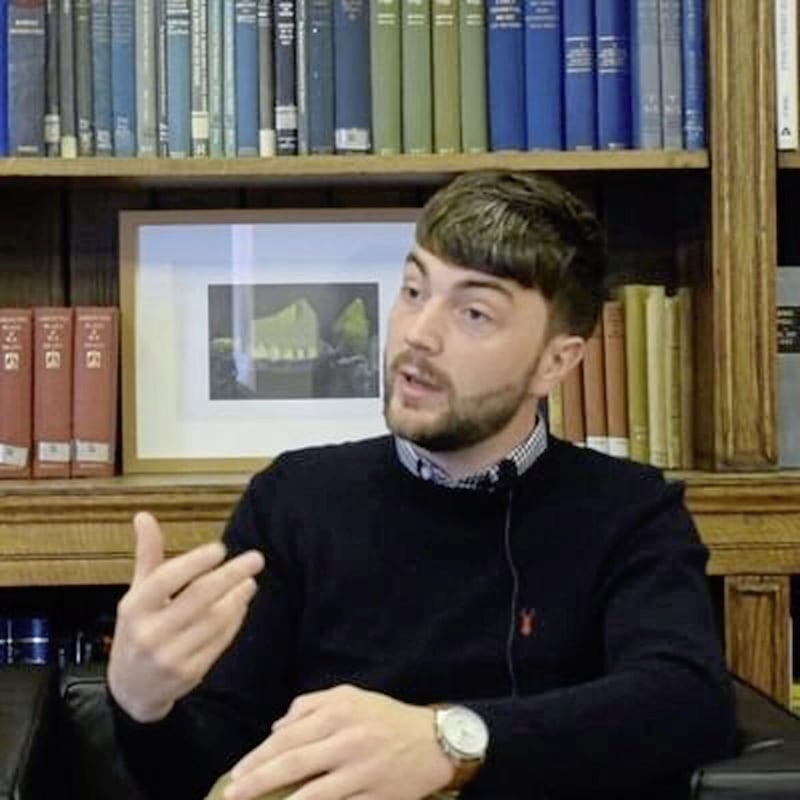With the Assembly and Executive up and running again, the issue of institutional reform has fallen far down the political agenda.
It seems that only when this place is plunged into a governance black hole does the issue of reform get the attention it deserves.
It is talked about. It is debated. It is given ‘serious thought’. But when the institutions are sellotaped back together again, it is back to business as normal. Until the next collapse.
If the political parties have confidence in the long-term stability of the devolved institutions, that confidence is not shared by the general public.
Asked in the 2024 Northern Ireland General Election Survey about the stability of the Assembly, a mere 16% of respondents were confident that it would not collapse again in the future. 46% expressed a lack of confidence in the Assembly’s long-term stability, and this rises to 55% when those who don’t know are excluded.
Perhaps unsurprisingly then, there is clear evidence of public support for institutional reform.
Only one-in-five people think that the system is fine as it is and should not be changed. The majority view, on the other hand, is that reform is necessary: 44.2% support ‘some changes’ to enable the system to work better and 6.4% support ‘substantial changes’.
These are not revolutionary sentiments. Only 7% think that the power-sharing system should be scrapped altogether (and the rest don’t know).

Reforms range from the minor – e.g. the renaming of Emma Little-Pengelly’s post to that of Joint First Minister – to the major, such as transitioning to a more voluntary form of coalition (with or without cross-community safeguards). But we know from research in 2022 what really grinds people’s gears about the current arrangements.
When Dr Jamie Pow and I explored the issue of reform with members of the public in a deliberative forum, there was palpable exasperation that either of the two largest parties can collapse the Executive at the drop of a hat – as Sinn Fein did in 2017, followed by the DUP in 2022 (notwithstanding a few months of caretaker government).
The ability to unilaterally collapse a government is an incredibly powerful political weapon, and the two parties who currently wield it will not surrender it lightly. But according to their own voters, that is what should happen.
Asked in our survey what should happen next when a first or deputy first minister resigns, 65% of Sinn Fein voters think the position should transfer to the next largest party of the same bloc (i.e. the same community designation).
The majority of DUP voters (51%) agree.
Among the wider public, there is scant support for keeping the joint first ministers as powerful as they currently are. Only 16% think that if either resigns, that should indeed collapse the government and a further 9% think that such a resignation should lead to the permanent abolition of the institutions.
The majority view is that the government should not collapse after such a resignation but, rather, that the vacant position should transfer to the next largest party – be that a party of the same bloc (as Sinn Fein, DUP, and UUP voters prefer) or to any party regardless of its unionist/nationalist/other designation (as Alliance and SDLP voters prefer).
One-in-five people don’t know.
As with all public opinion polls in Northern Ireland, the temptation is to break down the results according to what the Assembly calls ‘political designation’ (incidentally, another feature of the institutional status quo that reformers have set their sights on).
Doing so reveals strong levels of support for reforming the Executive Office across all three blocs. Indeed, more than 60% of nationalists, unionists, and others think that an Executive Office resignation should not collapse the government but, rather, that the vacant position should transfer to another party. That 60% threshold is what the reformers call a supermajority.
Cross-community and supermajority support for nuclear disarmament. Who’d have thunk it?
The Northern Ireland General Election Study, funded by the Economic and Social Research Council, was carried out by Professors Jon Tonge, Pete Shirlow, Katy Hayward, Paul Mitchell, Jocelyn Evans, and Dr Sean Haughey.



